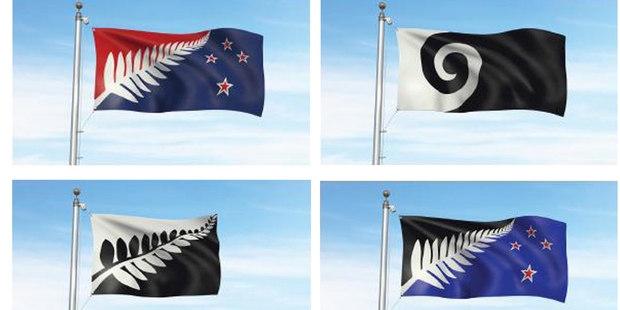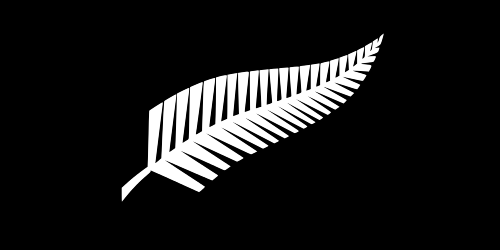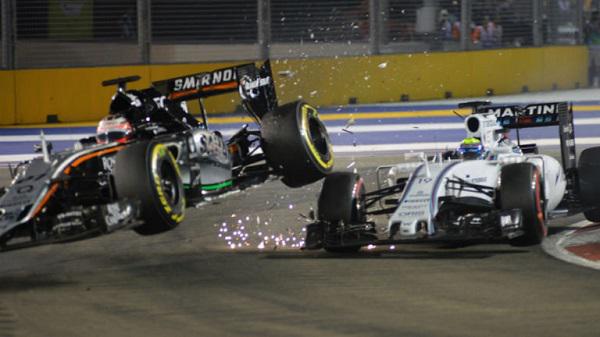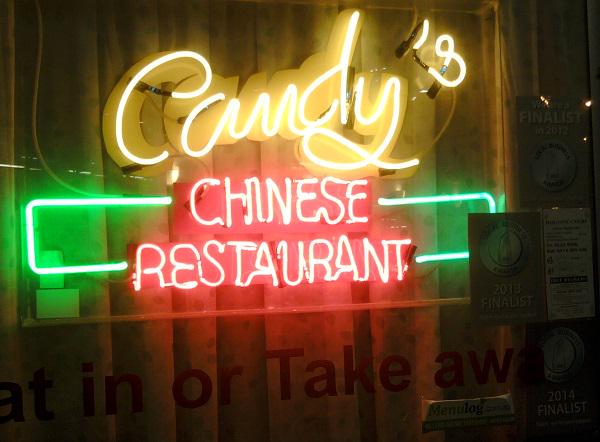Across the pond, another equally unbuyable leader has emerged as leader of the Labour Party in Jeremy Corbyn. This is a man who is rumoured to have fallen out with his previous wife over sending their children to a private school but I don't know if that's just part of the convenient narrative which has been spun, or if it is genuinely true, or whether it is a half-truth wrapped in a palatable and tasty lie. Corbyn like Trump is presumed to be unbuyable, not because he is rich but because he is so far to the economic left that money is irrelevant.
Although we in Australia like to be egocentric and think that we matter, in the grand scheme of things, the world leaders who actually wield the most power are those of China, the US, the UK, Germany, Russia and then countries like France, Italy, South Korea, India, Japan and Australia always seem to end up in orbit around them. The US-UK relationship is far more important than the United States' relationship with Australia and that couldn't have been any more obvious than when Barack Obama promised PM Rudd that he was going to visit Australia after becoming President and then proceeded not to for a long time.
Those US-UK relationship pairs are usually most visible in times of shared war, such as Roosevelt & Churchill and Bush & Blair but also show up when economic policies align such as Reagan & Thatcher.
This brings me back to the combination of Trump and Corbyn; which I think will never happen for machinations surrounding the dates of elections but it's worth thinking about*. Trump and Corbyn couldn't occupy economic positions further apart, if they tried. Trump would probably privatise government itself if he could; whilst Corbyn has already made rumblings that he'd like to renationalise the railways and the electricity companies as well as open some of the mines that Thatcher had closed.
Yet there's something almost familiarly similar about them. In the winner takes all system of democracy; which has been copied by precisely zero other countries in the world, which the United States uses, Donald Trump is trying to win firstly the Republican nomination and then the presidency in a method which seems almost to fight the party itself. In the winner takes all by winning 36% of the popular vote which translates into 50.7% of the seats in parliament which then gives you 100% control, Corbyn has been handed the reigns to a party which has lost and lost badly.
Jeremy Corbyn is curious among modern politicians in that he actually stands for something. Although he has a history of being anti-Thatcher, he did so whilst being a critic of social inequality and poverty and arguing that the state has the power to change people's outcomes. He is also a member of the Campaign for Nuclear Disarmament, Amnesty International and Stop The War.
Trump on the other hand whose policies appear to be whatever comes of out his mouth at any given moment; coupled with an attitude which is mainly ad hoc, says what he thinks precisely because he can not be bought. Like most Republicans he looks like he favours tax cuts for the rich and like a select few Republicans he wants to change the rules about who can become a US citizen and he wants to ask serious questions about the welfare state. In particular he has made mention that he'd like to deport as many as 11 million people back across the border to Mexico and I don't know if this is pandering to the Republican right but again, this policy is mostly unplanned as to the nature of its implementation.
Corbyn on the other hand has won the leadership of a party which found itself in the wilderness following the end of the Blair and Brown premierships and then found itself untrusted by an electorate which punished the Liberal-Democrats and which rewarded the Scottish National Party but returned the Tories to an even bigger majority in the Commons, which kept Labour outside in the cold. Corbyn is from the left of a party which moved right and then tore at its patches as it moved left again.
The question is what exactly that Trump and Corbyn can teach their respective parties and about what the electorate has to say about it.
If nothing else, even though Trump is as wacky as a box of ferrets and could very well be 109 ferrets in a man suit trying to pass of as human (now that I've said it, you can't unthink it), and even though in practical terms Corbyn stands as much chance at bringing any of his sweeping goals to fruition as I do in winning the upcoming by-election in North Sydney for the Banana Party, both Corbyn and Trump bring a genuineness that's not been seen in politicians for maybe two decades. In what might be seen as either extreme or at least very different politics to what we've seen for two twenty years, if nothing else both of them are going to make the parties reassess what they stand for if indeed it is anything.
*The next Presidential Election is November 2016 and the term runs from January 2017 until January 2021. The next British General Election is in 2020. Together this means that even if Trump wins the 2016 election that the initial overlap would only be during 2020 and January of 2021. If for some insane reason that Trump not only wins the 2016 election and the 2020 election, then the Trump-Corbyn pair would last until January of 2025. This is of course assuming that Corbyn even survives as party leader until the 2020 election, which itself is highly unlikely.









